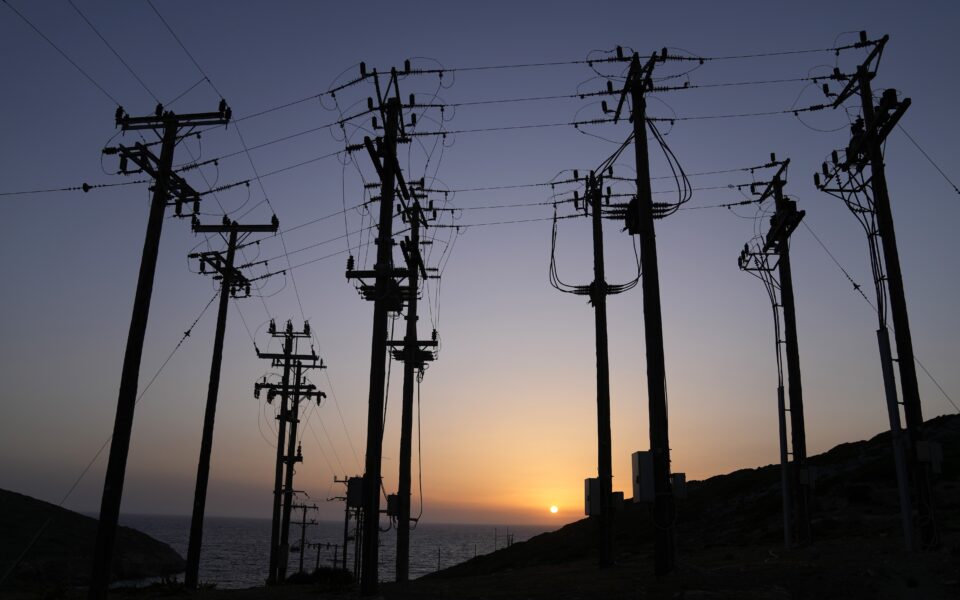Greece’s price cushion tops EU
Support measures to blunt impact of soaring energy costs amount to 3.7% of country’s GDP

Among the 27 European Union member-states, as a percentage of gross domestic product, Greece spends the most on measures designed to mitigate the impact of the energy crisis, according to data by the Brussels-based think tank Bruegel published Wednesday by Bloomberg.
The Greek government allocated €6.8 billion, or 3.7% of GDP, from September 2021 to July 2022, to keep energy prices low for households and businesses, ahead of Lithuania (3.6% of GDP) and Italy (2.8%).
The four countries that spent the least in terms of GDP were Finland (0.5%), Sweden (0.4%), Ireland (0.2%) and Denmark (0.1%)
The funding, as calculated by Bruegel, covers everything from subsidizing tariffs for small businesses in Greece to direct payouts to consumers in Belgium. Some of the money hasn’t yet been spent.
In total, EU governments have spent over €278 billion since last September, with Germany (€60.2 billion) and Italy (€49.5 billion) spending the most in absolute terms. But spending plans have been revised upward since July due to the explosive growth in natural gas prices.
The €6.8 billion figure is close to what Finance Minister Christos Staikouras said in interviews last week.
Even though Greece got out of an unprecedented debt crisis in 2018, with the end of the third austerity program agreed with its creditors, and still is the EU’s most heavily indebted country by far, it was also one of the biggest spenders on supporting professionals affected by the coronavirus pandemic and the resulting lockdowns. Staikouras mentioned the state has spent a combined €50 billion on the two crises.
It appears the crisis is far from over: “Prices will stay high throughout the winter and governments should work with the worst-case scenario assumption that they will not go away even after that,” Bruegel analyst Giovanni Sgaravatti said. “Governments should focus on reducing energy demand wherever possible.”
A similar approach was voiced earlier in August by the International Monetary Fund, which argued that governments must use the higher prices to pressure households and businesses to reduce consumption.





